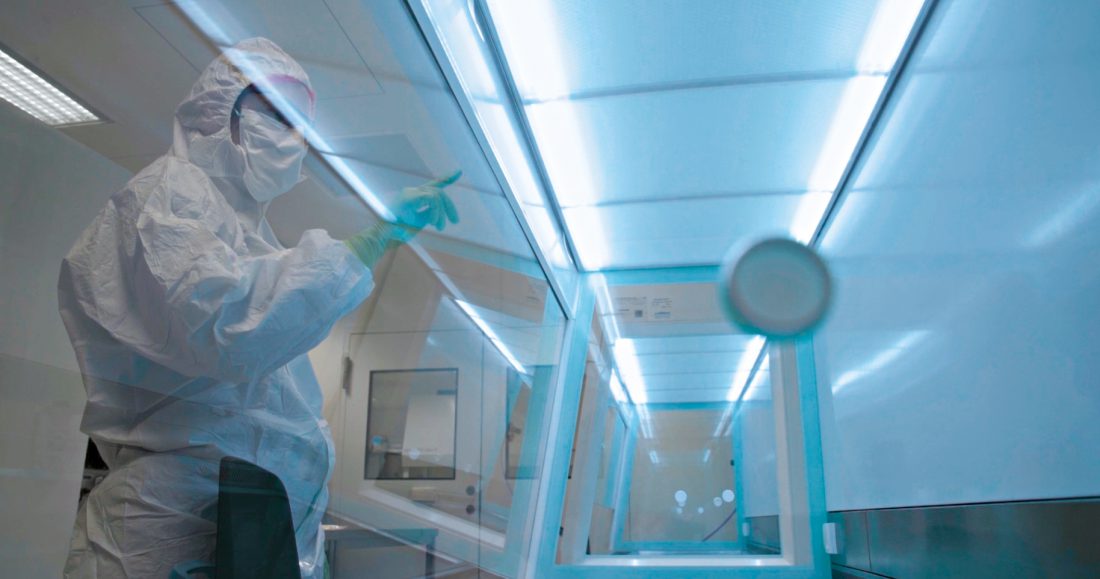Diatec and partners receive funding

Diatec and partners receive funding from the Norwegian Research Council for R&D focused on automating biological production
Diatec Monoclonals has received funding for a research project together with 3 other partners, including SINTEF Manufacturing, with the aim of automating biological production and documentation of such. The project has a total budget of 15 million NOK and is supported by the BIA-program at the Norwegian Research Council. BIA funds industry-oriented research and is a broad-based program supporting high-quality R&D projects with good business and socio-economic potential. The project will be running until the end of 2022.
Popular science summary:
We aim to use robots for antibody production, to improve working conditions, avoid contamination, and ensure the highest possible quality of each batch.
Antibodies are large molecules that cells of our immune system produce naturally. In the healthcare industry, antibodies are used in R&D, for pharmaceuticals and/ or in vaccines.
Industrial scale production of antibodies in labs still take place inside cells, and it is important to make sure the cells are thriving. The cells grow in flasks called bioreactors; in order to thrive, they need nutrients (called medium), correct temperature, and right amounts of O2 and CO2. The cells have to be fed and “changed” regularly. “Changed” means that the nutritious medium will accumulate waste from the cells, and need to be replaced. A flask looks like a rectangular drinking bottle, and is divided into two chambers; one where antibodies are collected and can be harvested; the other where waste media is collected, and subsequently emptied and replaced. Thriving cells means more antibodies produced.
Using live cells to make antibodies for drugs is called biopharma production. This is a very complex production method, and very demanding on the operators who perform the work. To decrease the load on our operators, we want software and robots to take over parts of the process, such as feed and change, harvesting antibodies, and parts of the huge amount of measurements and logging that is required by authorities when working with diagnostics or pharmaceuticals. Antibody production takes place in clean rooms, where the hygiene requirements are extremely strict. Our biggest source of contamination are actually the people working in the rooms.
In a scenario where there is an urgent need for large amounts of antibodies, i.e. an emergency needs for vaccines or pharmaceuticals, the robots can work 24/7 to ensure the urgent need is met, without creating extreme working conditions for our employees.
